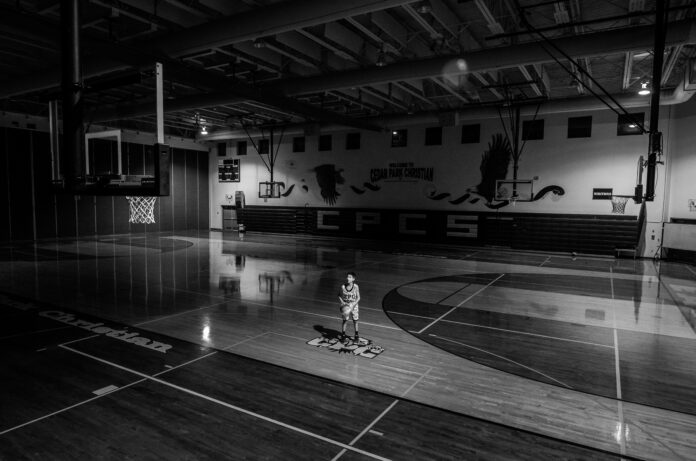As the NIL World Turns
NIL Activities During Mandated Athletic Activities
As we spoke about previously, the NCAA ratified new NIL rules due to recent new legislation in other states. This past week the NCAA issued an educational memo regarding these new administrative rule changes. The educational memo can be found here: NCAA NIL Memo. A majority of this question/answer memo focuses on the NCAA school being able to provide assistance to student-athletes as they search for NIL deals. There is one question/answer though that specific deals with student-athletes engaging in NIL activities while participating in required athletic activities. Previously, prior guidance had specifically prohibited this, but Q/A #16 has now radically changed the NCAA’s stance on this issue.
Specifically, the NCAA will now allow student-athletes to promote their NIL activity while on call for required athletic activities which include practice, pre and postgame activities, on court celebrations and press conferences. This new NCAA rule change opens up an avenue of NIL opportunities for student-athletes, brands, companies and sponsors. For example, a student-athlete can now promote drinking a bottle of “Gatorade” at a press conference and/or maybe promote through hand signals or clothing a specific brand or corporate sponsor during an on court celebration. The opportunities for student-athletes and their NIL partners are endless with this new rule change. It’s welcoming news for student-athletes looking to make additional income through their NIL deals.
Possible NCAA NIL Settlement
The NCAA might be looking to settle in the House v NCAA lawsuit as well as other NCAA antitrust cases. This settlement is rumored to be north of 2.7 billion for past damages for a period over 10 years. This settlement would be made in payments to previous NCAA student-athletes who have claimed they were prevented by making money by using NIL.
There is also additional news that the settlement would also encourage conferences and schools to create a framework to share revenue with their student-athletes moving forward. ESPN has reported that schools are saying that revenue share could be upwards toward $20 million per year moving forward. Obviously, this can all change as the NCAA continues to discuss its settlement options. The NCAA has not commented on this issue.
In conclusion, we’ll keep watch until the settlement is finalized and see how this helps previous and current student-athletes put more money in their pockets moving forward.

